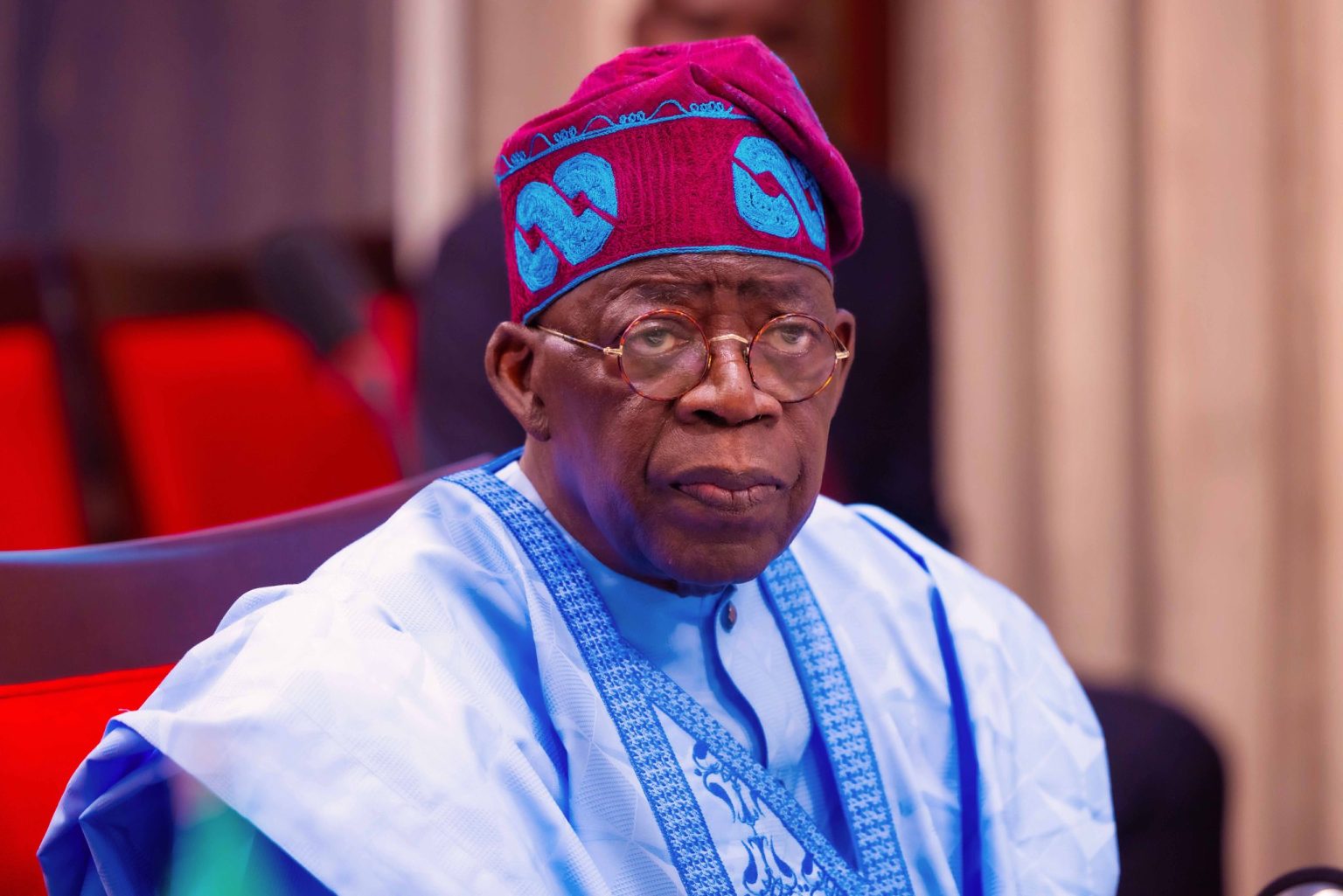Mexico Extradites 26 High-Ranking Cartel Members to the U.S. Amid Intensified Bilateral Crackdown on Cross-Border Drug Trafficking
In a significant move reflecting deepening cooperation between Mexico and the United States, the Mexican government on Tuesday extradited 26 prominent cartel operatives to U.S. authorities. The transfer represents one of the largest handovers of cartel suspects in recent years and underscores the Trump administration’s intensifying efforts to dismantle transnational criminal organizations fueling America’s opioid and synthetic drug crisis.
Among those transferred is Abigael González Valencia, a powerful figure within the criminal organization “Los Cuinis,” which serves as the financial wing and strategic partner of the Jalisco New Generation Cartel (CJNG), one of Mexico’s most violent and rapidly expanding drug syndicates. González Valencia, who was arrested in 2015 in Puerto Vallarta, had fought extradition for nearly a decade. He is the brother-in-law of Nemesio Rubén “El Mencho” Oseguera Cervantes, the elusive CJNG leader and one of the U.S. government’s most sought-after fugitives, with a $15 million bounty on his head.
Crimes of Roberto Salazar
Another individual among the extradited is Roberto Salazar, who is wanted by U.S. law enforcement in connection with the 2008 murder of a Los Angeles County sheriff’s deputy—an incident that drew national attention and highlighted the increasing cross-border reach of cartel-linked violence.
The group of extradited individuals also includes figures connected to the Sinaloa Cartel, once led by Joaquín “El Chapo” Guzmán, as well as other violent criminal organizations responsible for large-scale drug smuggling, money laundering, and acts of terrorism within and beyond Mexico’s borders.
The transfer marks a milestone in the Trump administration’s hardline approach to combating the drug trade, which has been declared a top priority by the U.S. Department of Justice. This is the second major extradition from Mexico in a matter of months, following a similar operation earlier in the year that saw 29 cartel figures, including infamous drug lord Rafael Caro Quintero, sent to face U.S. justice. Caro Quintero is widely known for orchestrating the 1985 kidnapping and murder of DEA agent Enrique “Kiki” Camarena.
As part of the legal arrangement between the two nations, U.S. prosecutors agreed not to pursue the death penalty against any of the extradited suspects. This concession is crucial to ensuring compliance with Mexico’s legal framework, which prohibits extradition in cases where capital punishment is a possibility.
Statements commending the actions of Mexico
U.S. Attorney General Pam Bondi praised the handover, stating, “These 26 men have each contributed to the scourge of drugs and violence that affects American communities. Under this Justice Department, they will face the full weight of the law for their crimes. We are thankful for the ongoing support and partnership from Mexico’s national security agencies.”
Ronald Johnson, the U.S. Ambassador to Mexico, echoed these sentiments. “This latest extradition effort is a powerful reminder of what can be accomplished when our two nations stand together against the shared threat of criminal impunity. These fugitives will now be held accountable in American courts, and both Mexican and American citizens will benefit from a safer future.”
The extraditions come during a sensitive period in U.S.-Mexico relations. The Trump administration had previously threatened to impose steep tariffs—up to 30%—on Mexican imports in response to concerns over border security and drug trafficking. In late July, however, President Trump and Mexico’s newly elected President Claudia Sheinbaum reached a temporary agreement to delay tariff implementation for 90 days, allowing for further diplomatic discussions.
President Sheinbaum, who has taken a notably firmer stance on national security than her predecessor, has pledged to intensify the government’s efforts to combat organized crime within Mexico. However, she has also drawn a clear line when it comes to foreign interference, firmly rejecting any proposals involving U.S. military intervention on Mexican soil. While cooperative on extraditions and intelligence sharing, Sheinbaum continues to emphasize national sovereignty in all bilateral negotiations.
Cartel Servando Gómez Martínez handed over
One of the most notorious individuals included in Tuesday’s extradition is Servando Gómez Martínez, widely known by his alias “La Tuta.” A former schoolteacher turned criminal mastermind, Gómez Martínez rose to power as the leader of the Knights Templar cartel, a group notorious not only for its brutality but also for its quasi-religious ideology. He was arrested in 2015 and sentenced in 2019 to 55 years in a Mexican prison. Under his leadership, the Knights Templar effectively took control of the state of Michoacán, regulating commerce, politics, and civil life under a perverse moral code that glorified family values and religious devotion—while simultaneously engaging in extortion, murder, and drug trafficking.
Los Cuinis, co-founded and led by Abigael González Valencia alongside his two brothers, played a key role in financing the CJNG’s rise to power. The group laundered vast sums of money and facilitated large-scale drug shipments across international borders, including cocaine, methamphetamine, and fentanyl, with a significant portion destined for U.S. markets. The CJNG, in particular, has become infamous for its extreme violence, often employing military-grade weapons and tactics, and maintaining deep networks of corruption within Mexican institutions.
One of González Valencia’s brothers, José González Valencia, was captured in Brazil in 2017 while vacationing with his family under a false identity. He was sentenced in June to 30 years in a U.S. federal prison after pleading guilty to charges of international cocaine trafficking.
This latest round of extraditions signals an intensifying campaign against some of the most dangerous criminal actors in the Western Hemisphere. While challenges remain in dismantling the vast networks that sustain the drug trade, Tuesday’s transfer reflects a growing willingness by both the U.S. and Mexican governments to tackle cartel violence through joint action and judicial cooperation.


